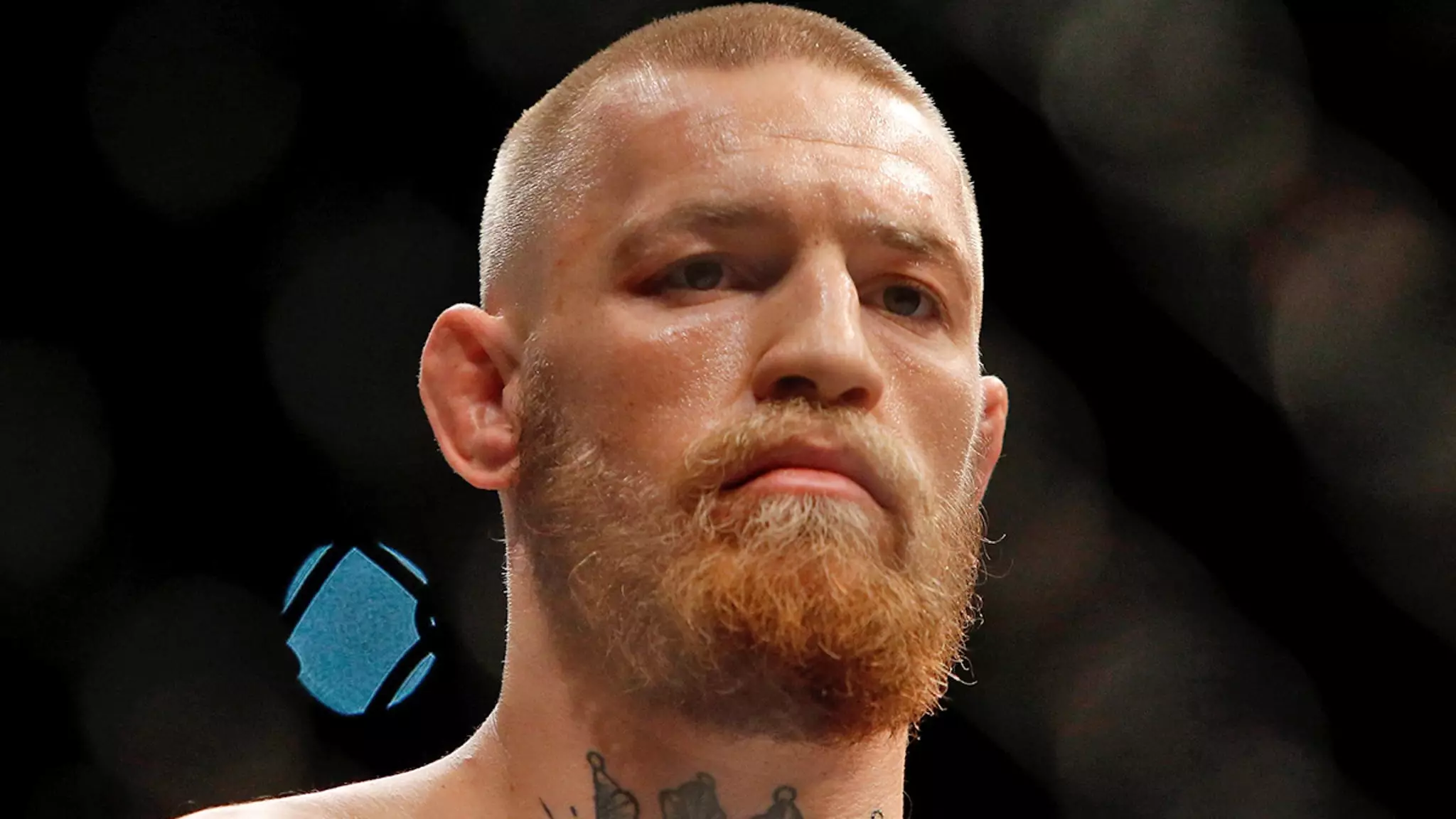The recent legal troubles surrounding Conor McGregor have drawn significant media attention, especially following the jury’s decision to find him liable for assault in a civil rape case linked to an incident from 2018. The case, which unfolded over a month, centered around allegations made by Nikita Ni Lamhain, who accused McGregor and another man, James Lawrence, of sexual misconduct at a Christmas party. Despite the outcome, which saw McGregor ordered to pay $250,000 in damages, the full complexity of the situation lies in the layers of accusations and counterclaims that have emerged, including those directed at Lawrence.
Social Media Outburst
In true McGregor fashion, the MMA star took to social media shortly after the verdict was announced, unleashing a barrage of statements that reflected not only his displeasure but also his eagerness to rally public support. His response was marked by a fervent dismissal of the ruling, labeling those involved as “vicious liars” and immediately announcing his intent to appeal the verdict. This reaction sheds light on McGregor’s penchant for confrontation, suggesting that he views the legal battle as less about accountability and more about upholding his public image as a fighter with an indomitable spirit.
A notable aspect of the jury’s findings was their decision that James Lawrence bore no liability for the alleged assault. McGregor’s fiery defense of Lawrence in his social media tirade seems to stem from a sense of camaraderie forged in shared adversity, attempting to highlight what he perceives as a miscarriage of justice for both men. However, this duality complicates the narrative: while McGregor portrayed himself and Lawrence as victims of false accusations, a jury nonetheless found him culpable for his actions, igniting debates about accountability versus victimhood.
The implications of cases like McGregor’s stretch beyond individual reputations. They touch on broader societal themes regarding sexual assault, consent, and the judicial process. One must consider how such highly publicized rulings impact survivors of sexual assault, as accusations in the public eye can shape perceptions and potentially dissuade others from coming forward. McGregor’s dismissal of the verdict may inadvertently contribute to a culture where victims feel sidelined or unsafe in sharing their experiences.
As Conor McGregor eyes an appeal, the world watches with bated breath. Will he manage to overturn the decision, or will this serve as a pivotal moment that shapes his legacy, both in the octagon and beyond? The battle for justice and truth, as he articulates, remains ongoing—but it raises significant questions about what justice means in a world where perception and reality often collide. McGregor’s narrative, rife with bravado and defiance, suggests an unwillingness to confront the deeper consequences of his actions, keeping the discourse around accountability ever relevant.

